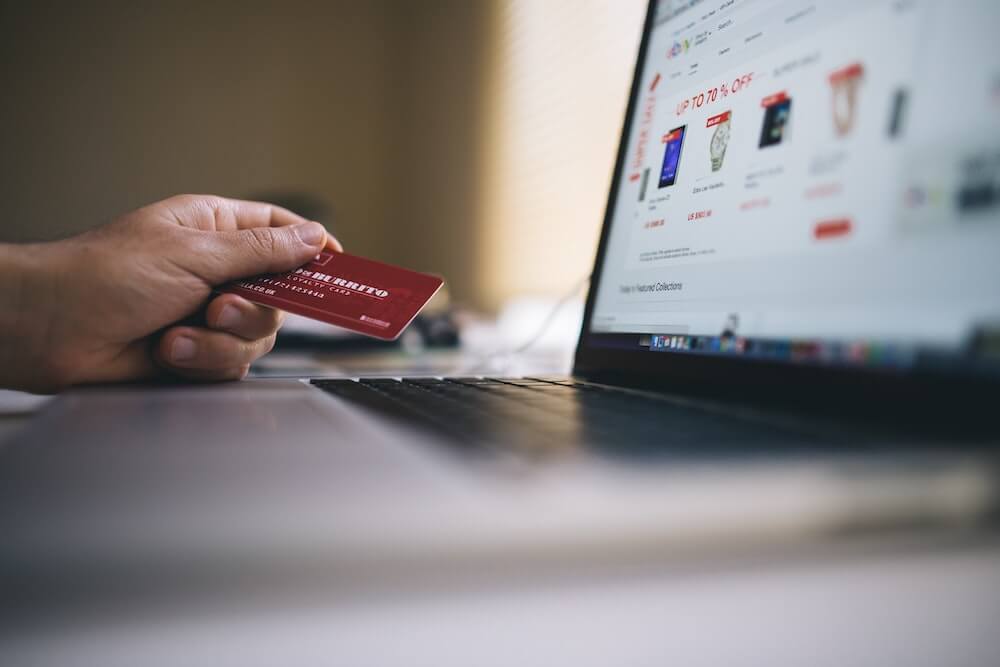Back to Resources | Blogs
7 Tips for Protecting Your Data on Black Friday, Cyber Monday
November 26, 2019 |

With Black Friday just a few days away, you’re likely already looking around for the best deals on electronics, clothes, toys, and more. But don’t let the rush to click “order” put your data at risk. Here are seven tips on how to keep your information safe as you shop online on Black Friday, Cyber Monday, and beyond:
- Use a credit card instead of a debit card. Why? Because most major credit card companies do not hold you liable for any fraudulent charges.
- Don’t make your online purchases over public Wi-Fi. In fact, we don’t recommend using public Wi-Fi for accessing any kind of sensitive information because it is less secure and can open the door to cybercriminals, malware, and other issues.
- Strengthen your passwords, and keep them unique. The holidays are a time when many people sign up for new accounts on retailer websites so they can get special deals. Be careful when doing this, and be sure to use new usernames and passwords so that information cannot be used elsewhere to collect your data. BARR also recommends setting up multi-factor authentication where possible, and establishing a password manager like LastPass to further protect yourself.
- Set up bank and credit card account alerts. Monitor your accounts more closely this time of year. Catching a small fraudulent charge early can stop future, larger charges from occurring.
- Watch out for “freebies.” Companies rarely give anything for free, so be wary of what information you’re providing, whether on a website or in an email survey.
- Don’t fall prey to a phishing email. If you didn’t sign up for a company’s emails but you get one, don’t open it or click on any of the links because it could be part of a phishing scam. If you click a link within an email, no matter how legit the email looks, pay attention to the URL it takes you to and if it is, in fact, the company’s official website or not.
- Only provide required information. Many times, a company asks for an array of personal information when you’re making an online purchase. Only input information that is required (usually marked with an asterisk).
If you have questions about any of the tips above, or about cybersecurity best practices in general, contact us.